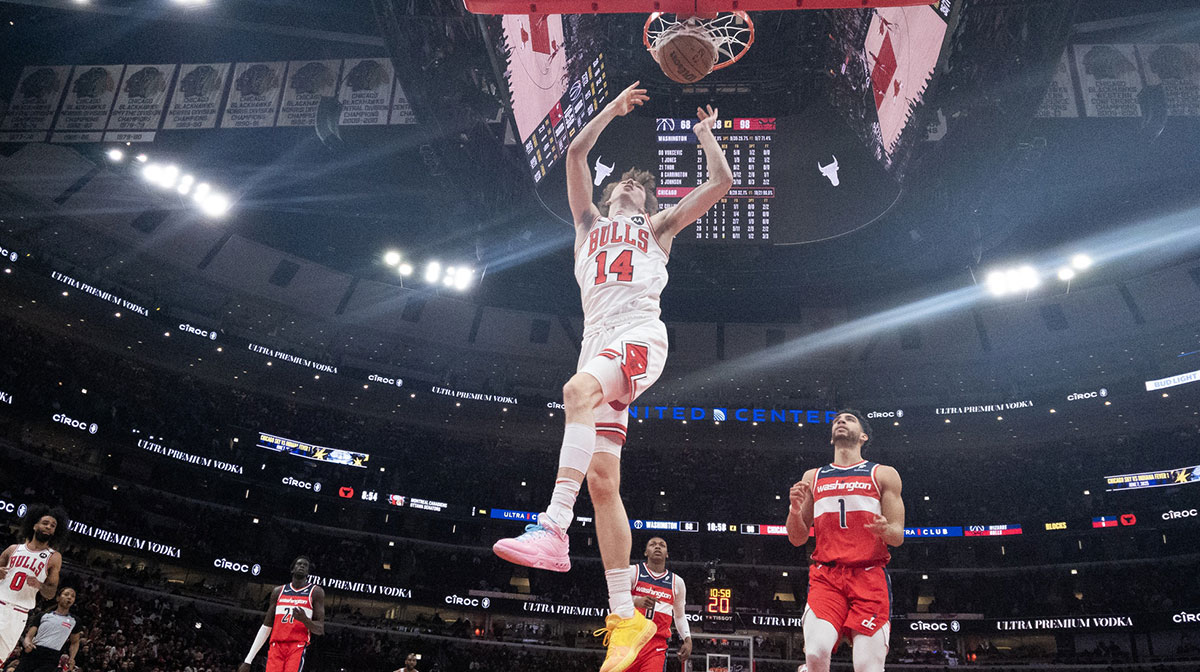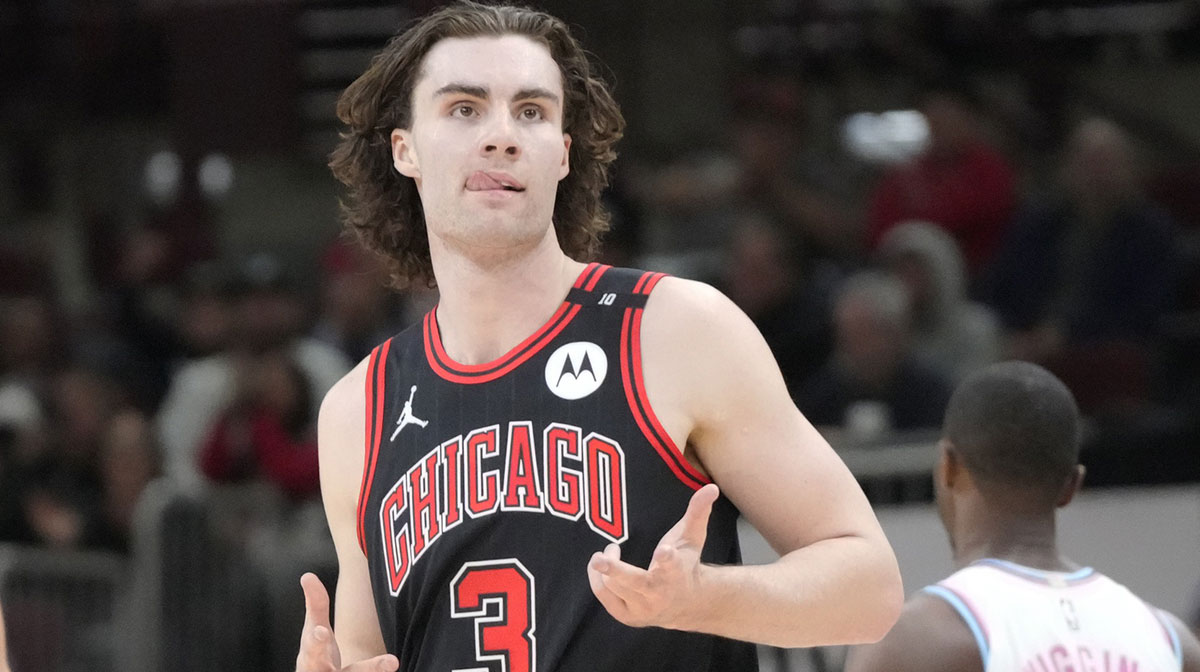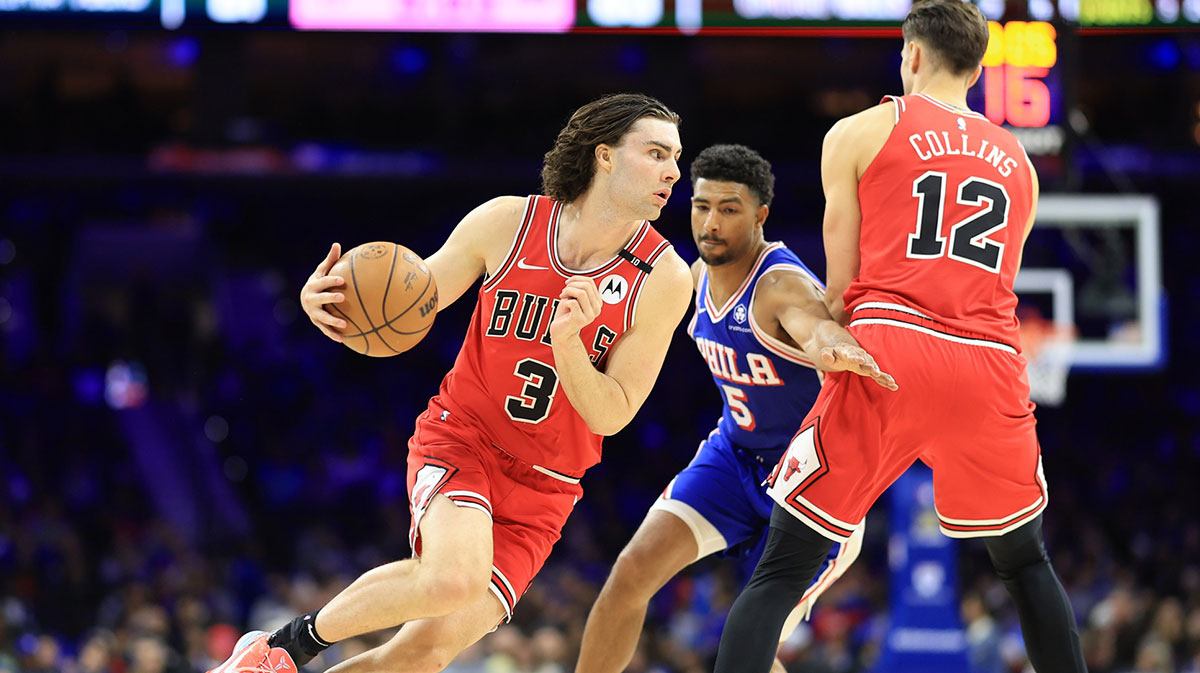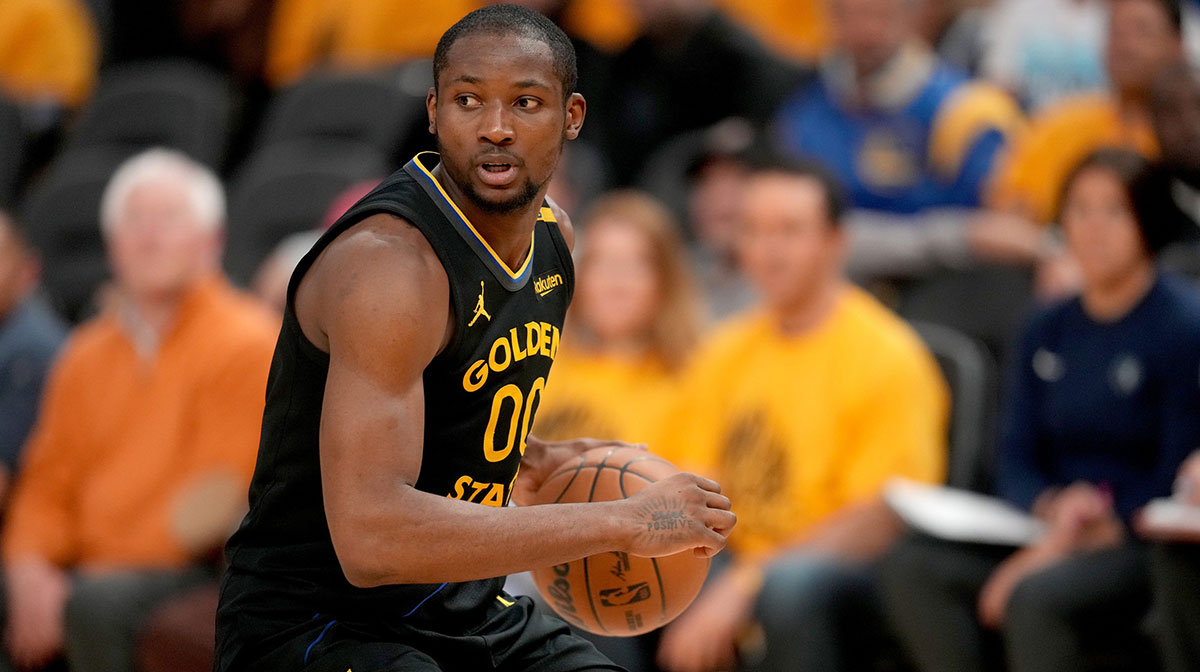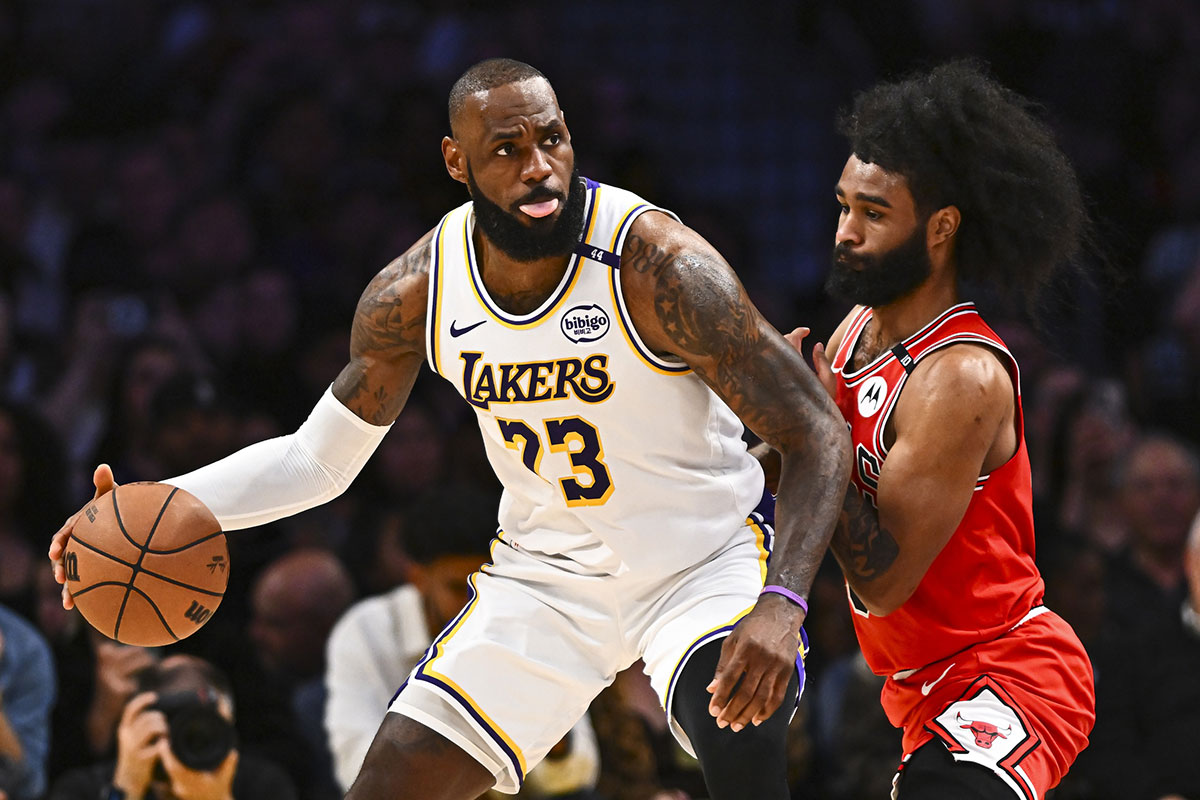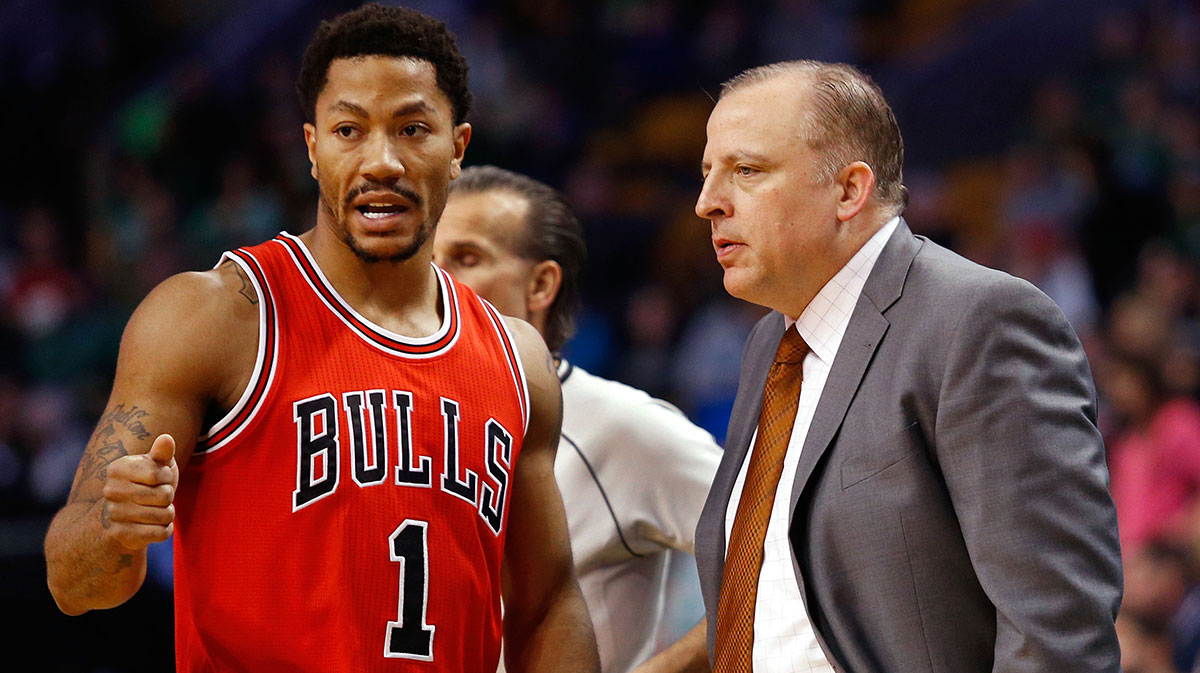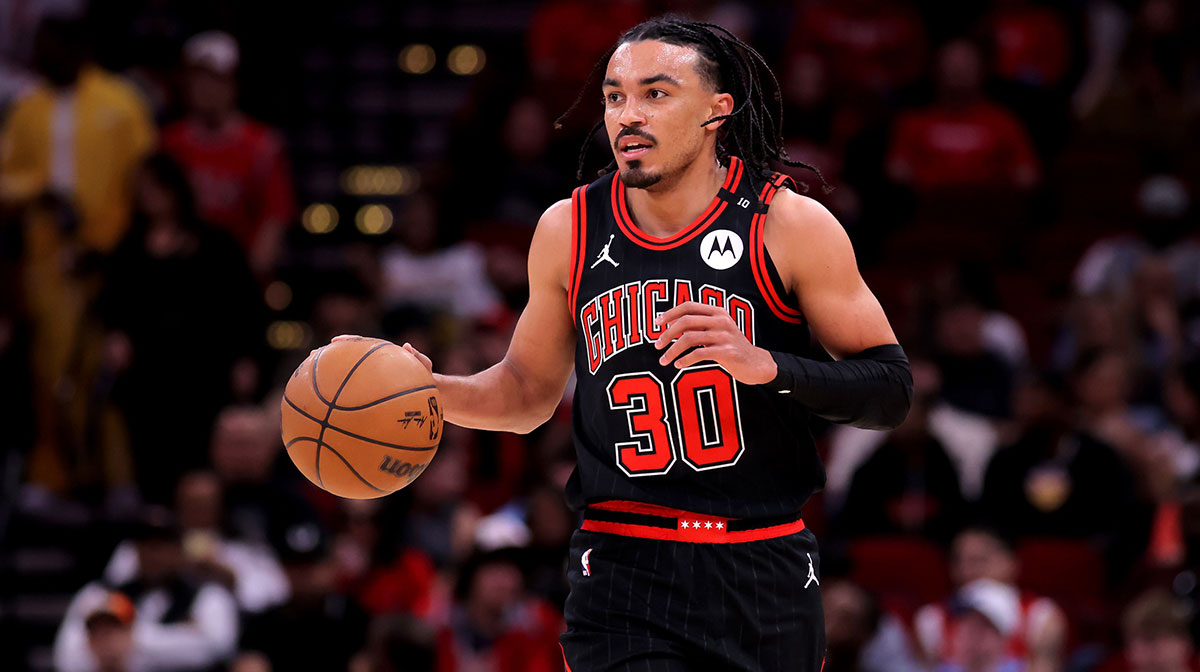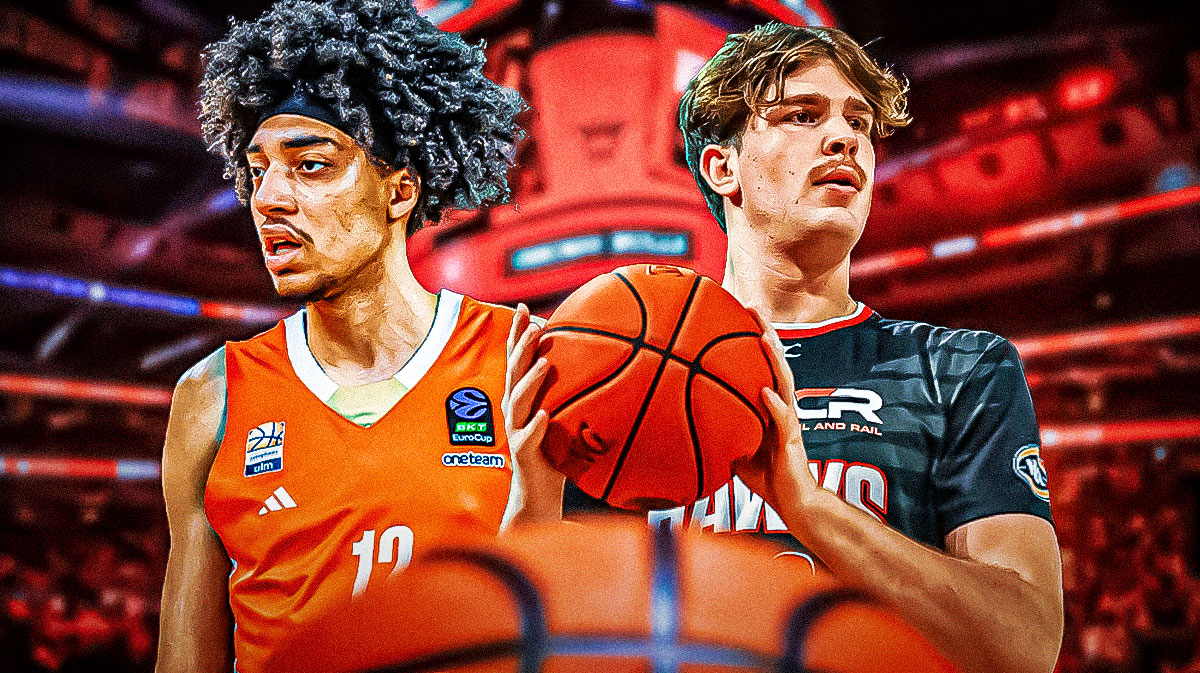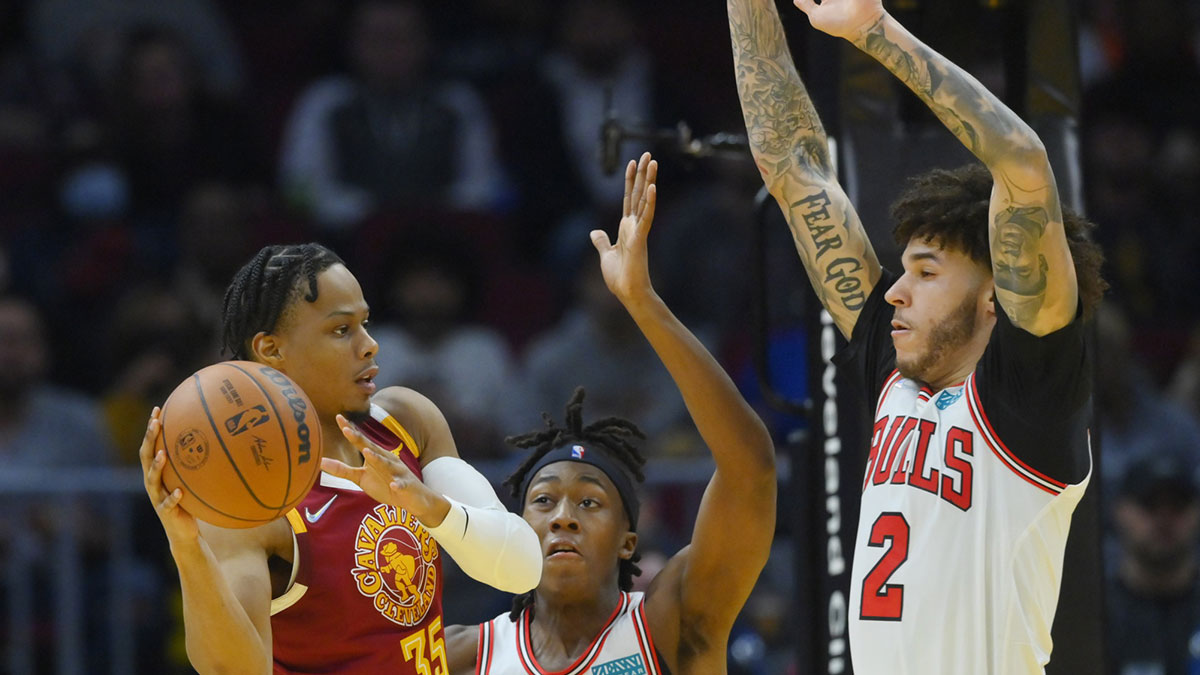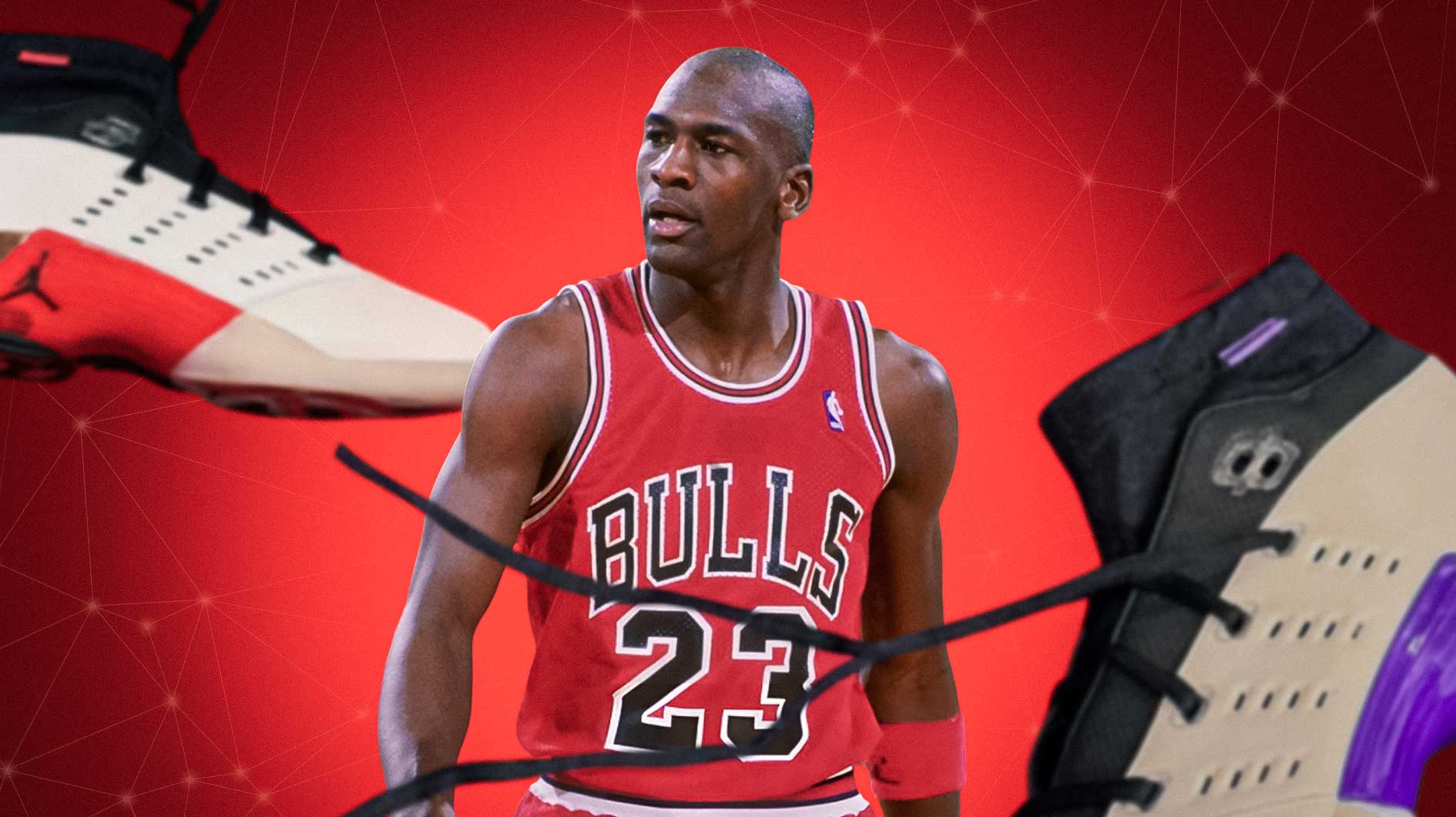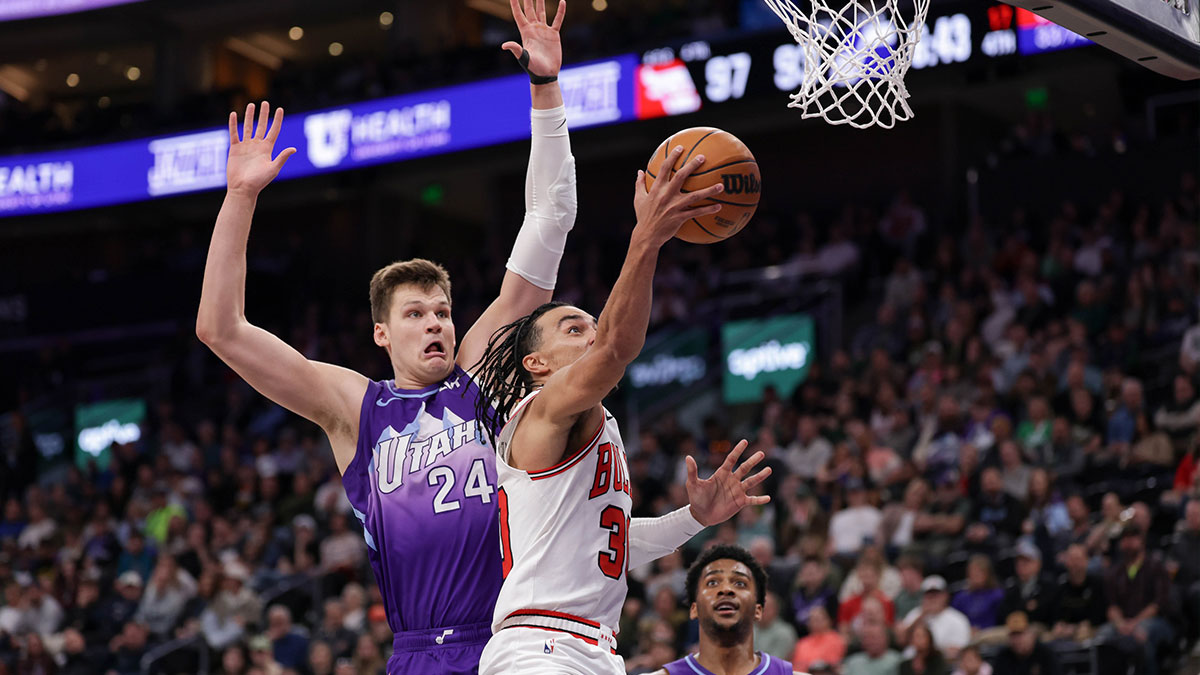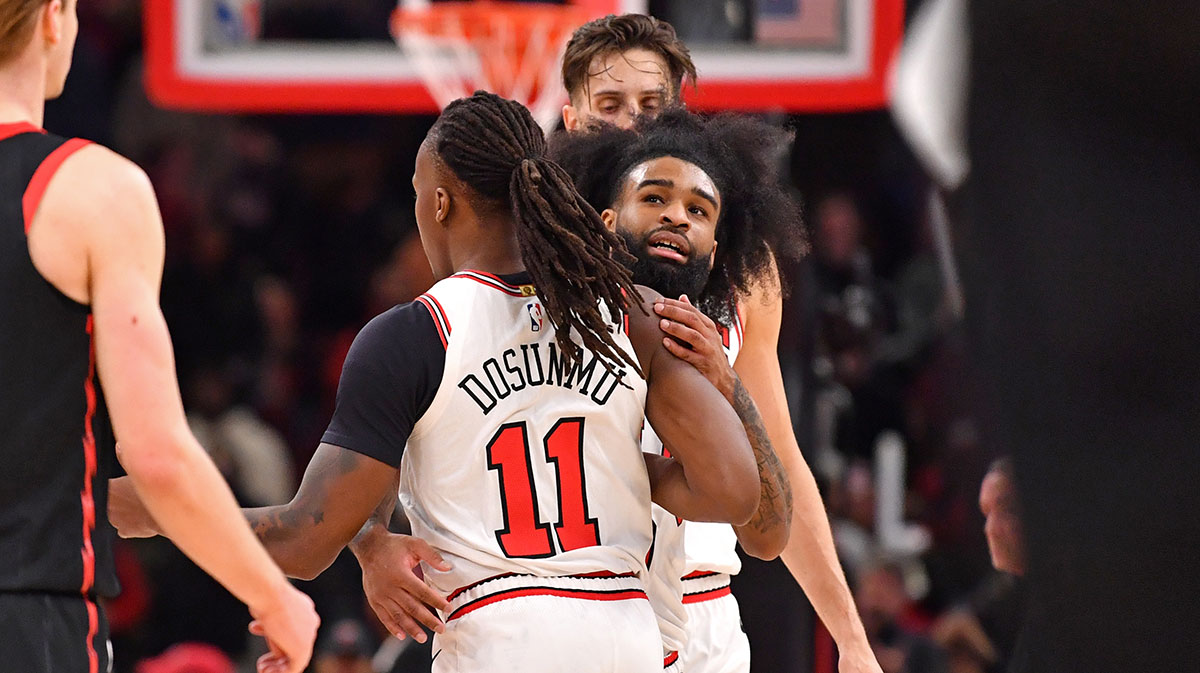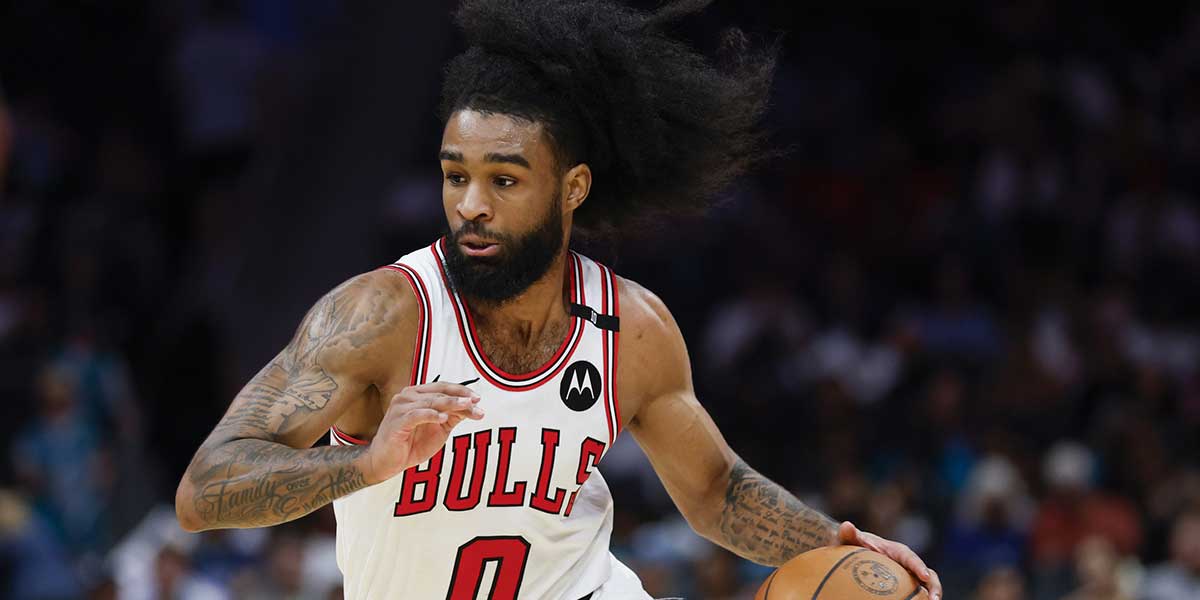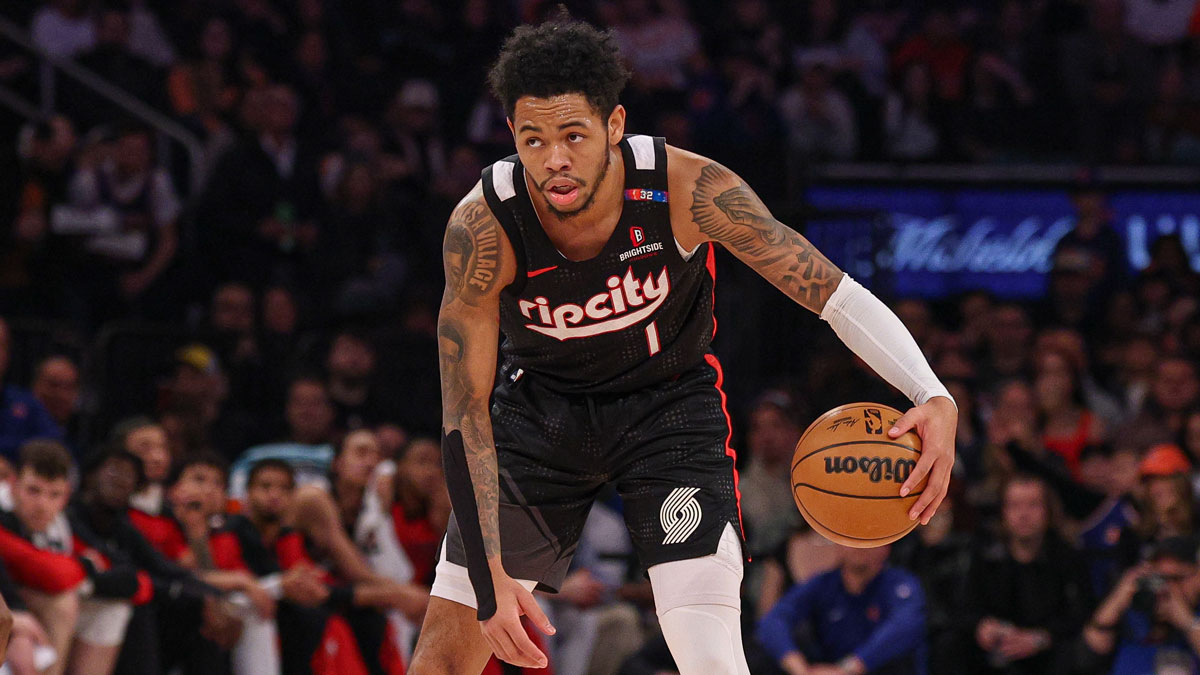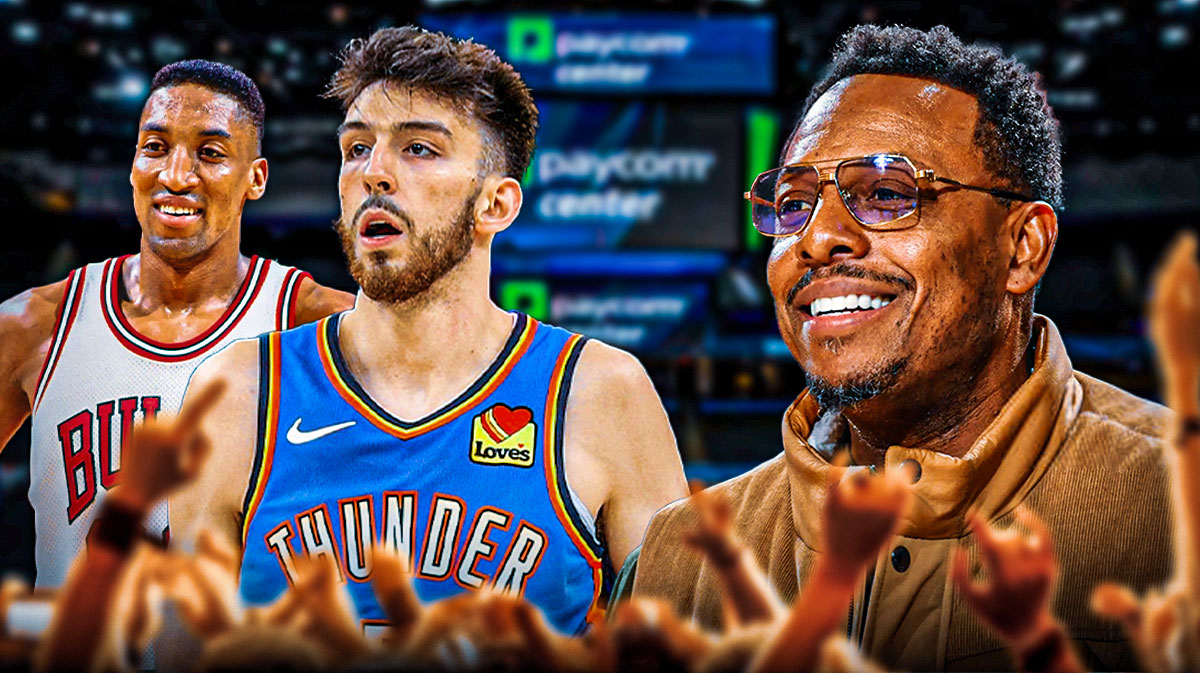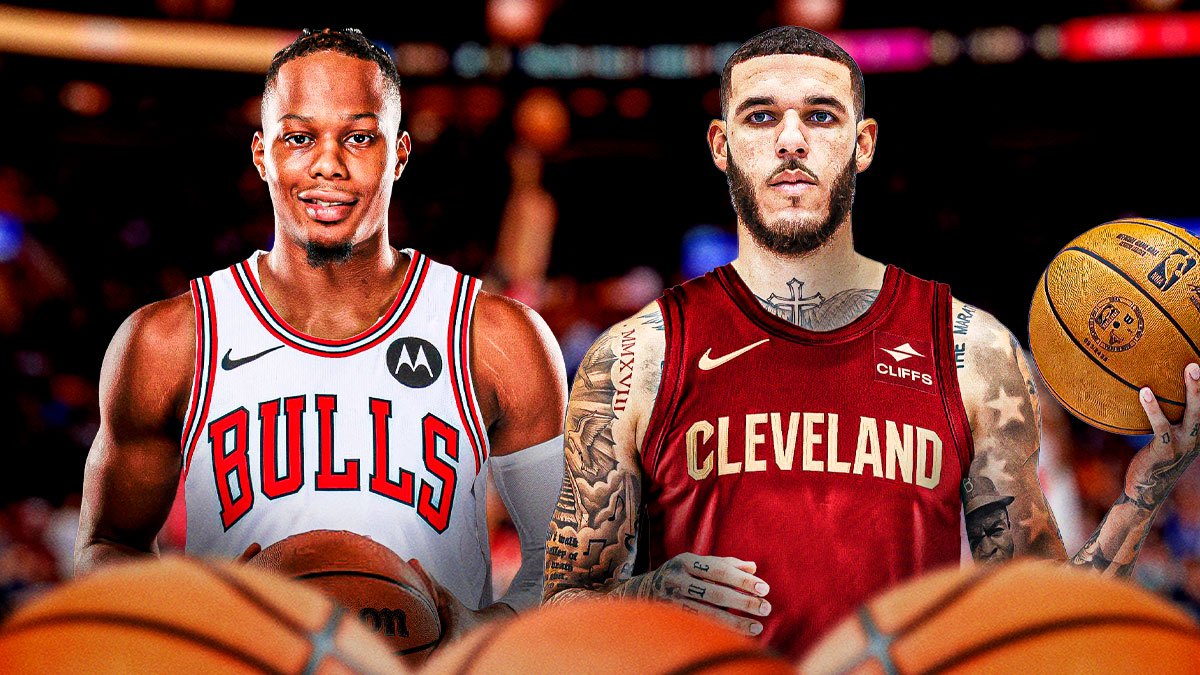Michael Jordan is a name that needs no introduction.
Jordan is a man of many nicknames: “Air,” “Mike,” “MJ,” “Black Cat,” “Black Jesus” and a host of others. But many fans and players–both past and present–refer to him simply as the greatest basketball player of all time.
Jordan was the driving force behind a Chicago Bulls dynasty that won six championships in the 1990s. He was an indomitable figure filled with a dogged determination to perfect his craft and dominate the competition.
But we might not be talking about the same Michael Jordan today had Major League Baseball not gone on strike in 1994. Imagine that: basketball fans have baseball to thank for bringing MJ back to the NBA.
Wait, how did we arrive at that conclusion? What were all the details that prompted Jordan to unretire (the first time)?
Here is a timeline of what led to Jordan sending that famous text simply saying “I'm Back,” no March 18, 1995. 25 years ago, today.
June 20, 1993
This was the date the Chicago Bulls defeated the Phoenix Suns in Game 6 of the NBA Finals to become the first team since the Boston Celtics of the 50s and 60s to win three consecutive championships.
For Jordan, it was arguably the pinnacle of his basketball career.
The Bulls had not been as dominant during the 1992-93 regular season, and Jordan's run of consecutive Most Valuable Player awards came to an end, as Charles Barkley captured the honors for a Suns team that had the best record in the NBA.
Leave it to Mike to find extra motivation. He put together what is probably the greatest NBA Finals performance in history, averaging 41.0 points, 8.5 rebounds, 6.3 assists and 1.7 steals while shooting over 50 percent from the field and playing more than 45 minutes per night. Jordan might not have hit the game-winning shot in Game 6–that honor belonged to current Bulls president John Paxson–but he set it up by drawing an immediate double-team when he was approaching the timeline.
In any case, this moment was a definitive one in Jordan's career. He had–by his own admission–already discussed playing baseball with his father, and he was someone who needed new challenges in order to succeed at his craft.
Still, Jordan was the apex of his career. It seemed impossible to imagine a guy who was just entering his 30s stepping away from the game he loved so much.
Of course, that changed in a hurry.
July 23, 1993
Jordan idolized his father. James Jordan was the one who got him into sports at a young age. He was the one who sat with MJ as he cried with the Larry O'Brien Trophy after the Bulls defeated the Los Angeles Lakers to capture their first championship in 1991.
The father-son duo had already discussed Michael's future possibilities. Then on July 23, just over a month after the Bulls defeated the Suns, James Jordan was found dead in a South Carolina swamp, the victim of a horrific murder.
The loss of his father was devastating for MJ (via Dan Wiederer of the Chicago Tribune):
For the Jordan family, the emotional toll of James’ death was pronounced. It was more than just the sudden loss of a loved one. It was the sudden loss of a loved one to a horrific murder that created so many questions and so much grief. And all of it under the intense spotlight that followed Michael Jordan everywhere.
Worse still were the rumors Jordan's gambling habit had some kind of connection to the murder.
The grief and the promise he intended to keep to his father led to Jordan announcing his retirement at the Bulls practice facility on Oct. 3, 1993.
The baseball experiment
Jordan did indeed attempt to make it in America's national pastime.
He signed a contract with the Chicago White Sox in March of 1994, and he was sent to Double-A to play with the Birmingham Barons at the end of the month.
Jordan struggled immensely. He slashed .202/.289/.266 in 127 games, and he was caught stealing 18 times (though he did swipe 30 bags). Moreover, Jordan committed 11 errors in the outfield.
Still, Jordan was willing to dedicate himself to the grind. He was absolutely sure he could reach the bigs, and he would hardly let a little stumble get in his way. Jordan even had some success for the White Sox in the Arizona Fall League, and despite the .202 average at Birmingham, his .276 climb in August (plus the obvious publicity aspect) meant he might have begun the 1995 season at Triple-A (via Jack M. Silverstein of NBC Sports Chicago):
Schmittou says he did not know for sure in February 1995 if Jordan would be assigned to the Sounds, but all signs pointed that way. Schueler even told Schmittou that the Sounds should start looking for housing for him. The Tennessean reported early that month that ticket sales jumped 15% just based on the speculation that Jordan might join the club.
“He’d have to fall on his face for us to send him back to Birmingham,” Schueler said at the time.
But baseball intervened. The MLB went on strike on August 12, 1994, and it would remain suspended until April 2, 1995.
Jordan might have desired to make it at the major-league level, but his competitive drive was not going to allow him to merely sit around and wait for a work stoppage to be resolved.
At least, not with former teammates begging him to return.
Scottie beckons Michael to return
Scottie Pippen was in the first of many pickles prior to the 1995 trade deadline.
With Jordan gone, Pippen was now unquestionably the best player on the Bulls and indeed one of the best players in the NBA. He led the Bulls to 55 wins during the 1993-94 season, and Chicago came within a Hue Hollins phantom call of reaching the Eastern Conference Finals.
But Pippen was beginning he was worth far more than his contract. Pip had signed for just over $18 million through the 1997-98 season after the Bulls won their first title in '91. Now that he was one of the best players in the league, however, that salary was a pittance.
Pippen asked to be traded prior to the deadline, even going so far as to create his own trade rumors. However, the deadline passed with Scottie still on Chicago's roster.
Meanwhile, Jordan was in a state of flux in the midst of the strike. His star power made him unlike the other minor leaguers in the league, which led to a whole issue regarding his status as a “replacement player” and, ultimately, forced him to leave White Sox camp.
This is where Pippen and Bulls head coach Phil Jackson come in.
The Bulls were 28-30 at the end of February, and they desperately needed a lift in the final two months of the year.
Pippen began asking Jordan to come and practice more frequently with the team, knowing basketball had not been driven fully from his mind. After all, Jordan had participated in a charity event Pippen hosted in September of 1994.
Word began to spread Jordan was at the Bulls' facility and might be nearing a return, and Gatorade even printed t-shirts hinting at a comeback.
Then, Pippen lit the fuse. He wore a pair of Air Jordan's during a win over the Cleveland Cavaliers on March 10:
Just over a week later, Jordan had made his decision.
He told his agent, David Falk, he was returning to the Bulls, and Falk in turn sent out that famous press release with the simple yet unmistakable phrase: “I'm Back.”
Jordan was indeed back. He made his season debut the next day against the Indiana Pacers. In just his fifth game of the year, Jordan hung a “Double-Nickel” on the New York Knicks at Madison Square Garden.
The Bulls would go on to lose to the Orland Magic in the Eastern Conference semifinals, but it was merely a precursor for the greatness that followed.
Postscript
If anything, the loss to the Magic gave MJ added motivation. He had found the hunger again. It would be a different story next season.
Boy, was that an understatement.
Jordan had a full-sized basketball court built for him on the set of the movie Space Jam, which he was filming during the summer of 1995.
Numerous players from around the league flew in to workout with Jordan and run scrimmages. Little did they know they were helping MJ reassert his status as the best player in the game.
The Bulls won a then-record 72 games during the 1995-96 season, with Jordan being named the MVP. They stampeded through the playoffs and–fittingly–captured their fourth title by defeating the Seattle SuperSonics on Father's Day.
Jordan would go on to win two more championships in consecutive order. He retired in the summer of 1998, only to unretire yet again for a final two-year run between 2001 and 2003.
But just think where Jordan's legacy might stand had he not decided to return to the NBA.

